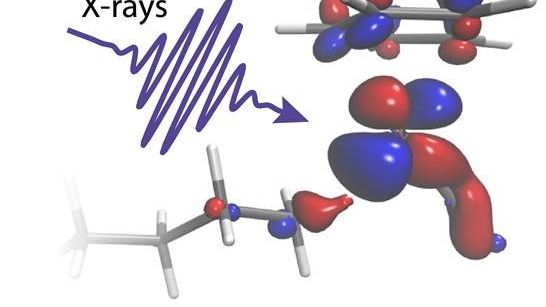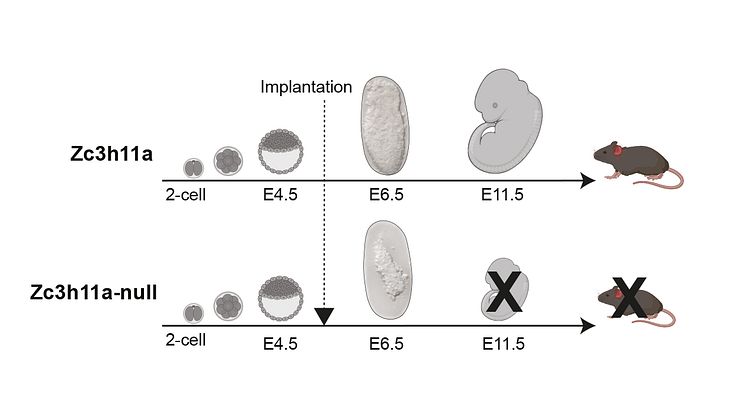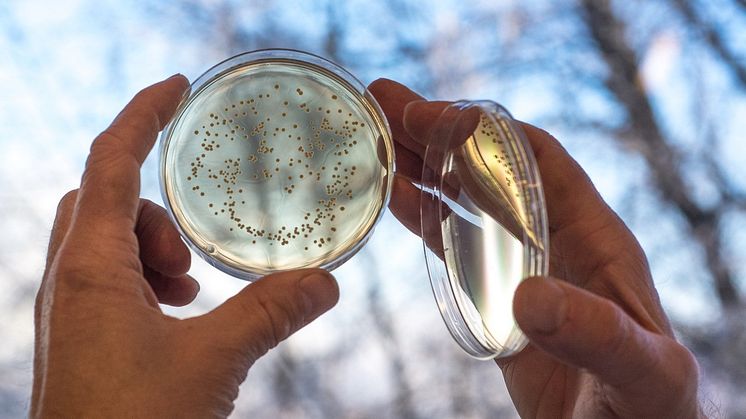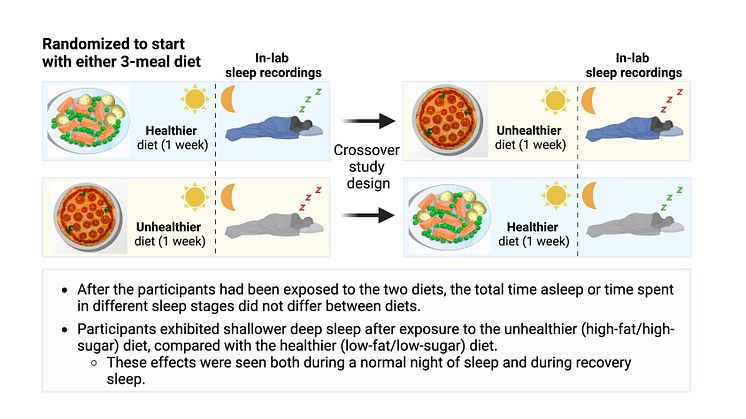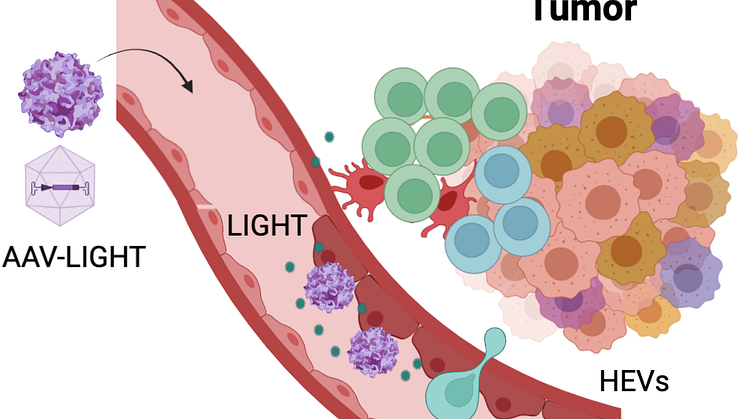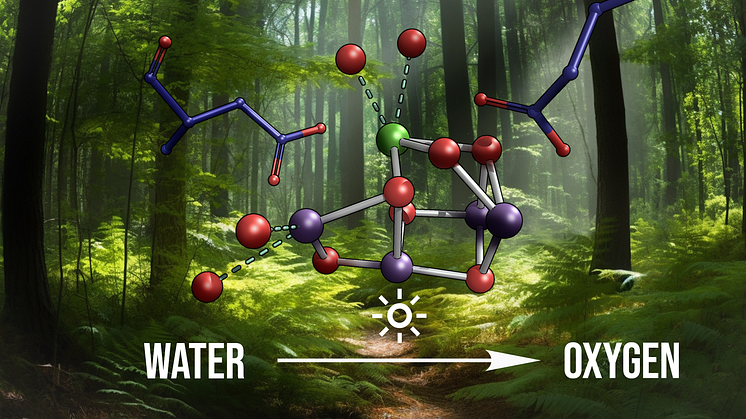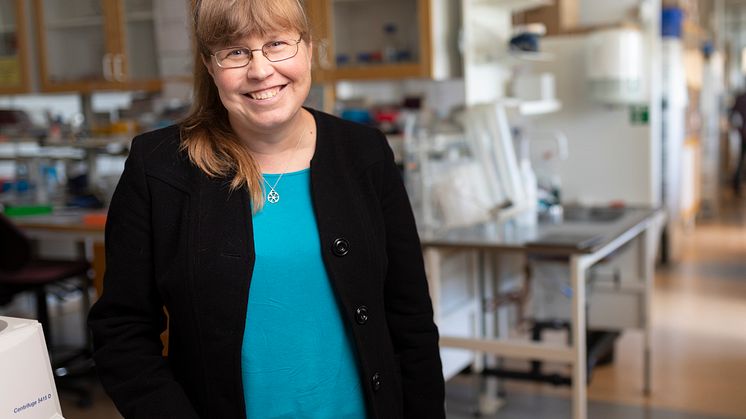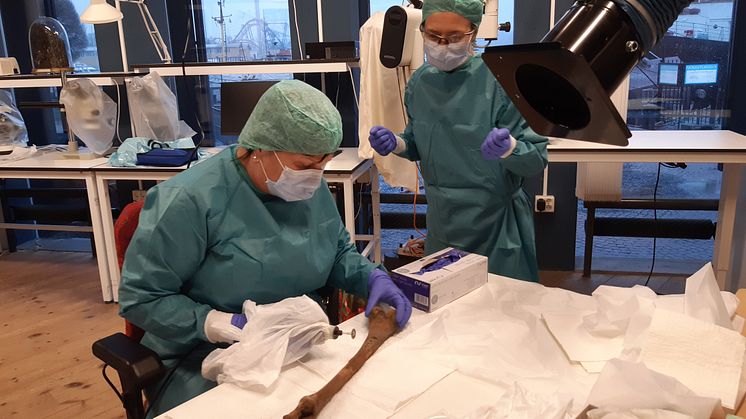UCDP: Number of deaths in armed conflicts has doubled
At least 237,000 people died in organised violence in 2022. A new report from UCDP at Uppsala University shows that this is a 97 per cent increase compared with the previous year, and the highest number since 1994. UCDP is the world’s main provider of data on organised violence. Its definition of armed conflict has become the global standard of how conflicts are systematically defined and studied
